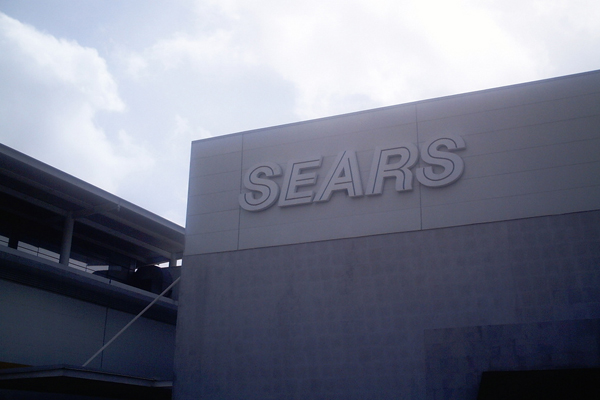
Crains's Greg Hinz reports that the CBOE/CME/Sears/&c tax-break bill is set to go to the House and Senate tomorrow; Kathy Bergen explains exactly how the bill would benefit Sears, the Merc, and the Board of Exchange. Bergen's piece is also a good rundown of how the bill has narrowed, as proposals to hike the earned income tax credit and the estate-tax deduction have come down during negotiations. So how will the state, which is deeply in the red, pay for this?
The cost would be completely offset by a resurgence in state corporate income tax receipts that is expected with the expiration of a tax break that allows businesses to accelerate their deductions for capital investments through 2012, Bradley said.
It's pretty simple: if a business buys a widget, that widget can be written off as a business expense, but only over the life of the widget. When the economy went in the tank, the federal government decided it wanted everybody buying lots of widgets right away, for obvious reasons, so it allowed businesses to write off all of the expense of the widget, as it did in the wake of 9/11:
There’s a similar pattern with the bonus depreciation rate. After the 9/11 terrorist attacks it was implemented at 30%, and was raised to 50% through the end of 2004, after which it dropped back to 0%. To boost the flagging economy bonus depreciation at 50% was reinstated in 2008, and the rate was bumped up to a full 100% for 2010 and 2011.
Investors need to realize that the generous depreciation rules are set to fall back by 75% and 50% respectively in January 2012, and will be virtually phased out completely in 2013. Specifically, the Section 179 maximum deduction drops from $500,000 down to $125,000 in January 2012, while the bonus depreciation rate drops from 100% to 50%. Then a year later, the 179 maximum deduction drops to $25,000, while bonus depreciation completely disappears.
[snip]
To grasp the implications of these changes, we need to understand their incentives on investment. Generous depreciation rules allow businesses to deduct more (or all) of the cost of investments in the first year, rather than depreciating over a number of years, meaning the business can reduce its taxable income upfront. This eases the cash flow of a strapped business, and the time value of money makes such investment yield a higher (after-tax) rate of return.
And it theoretically gives businesses a boost by lowering their tax bills during a down economy, with the assumption that companies will have the income and infrastructure in place when business improves. The tax burden isn't lowered, but it is shifted to give those who choose to take advantage of it a running start.
Of course, that pushes back tax revenues, including for states that stick with the feds' depreciation rates. Back in 2002, when then-President Bush included the bonus depreciation rate in his March 2002 stimulus, George Ryan subsequently "decoupled" Illinois from the federal depreciation schedule, making taxpayers add the 30 percent federal bonus depreciation back onto their returns. It's a way of smoothing out tax revenues and preventing, um, massive budget shortfalls that states are much less able to deal with. Then, Illinois was one of over 30 states to decouple; a similar number decoupled from a 2008 increase. Of course, changing tax rules for large capital purchases is a good way of alienating constituents like farmers, who objected to a similar plan proposed for the CME/Sears tax break.
When the Center for Budget and Policy Priorities looked at Illinois and other states that were following the federal government into depreciation hikes, it estimated that the state stood to lose over a billion dollars in revenue over the short term; Illinois Partners for Human Services estimated a $75 million loss in FY11 and $600 million in FY12 (PDF). "Lose" isn't exactly the right word, of course, but it does make the revenue come in more slowly, which the state is obviously not in a great position to deal with.
So whether the tax break is being "offset" depends, really, on your frame of reference. Yes, the state will get more money in corporate tax revenues after the tax break sunsets, likely more than the tax break is estimated to cost. But it's revenue the state would arguably get anyway, just on a different timeframe (arguably, because people have different opinons on how such a tax break effects purchasing). If so, it's offsetting, but to a new normal.
Photograph: robinsonmay (CC by 2.0)



